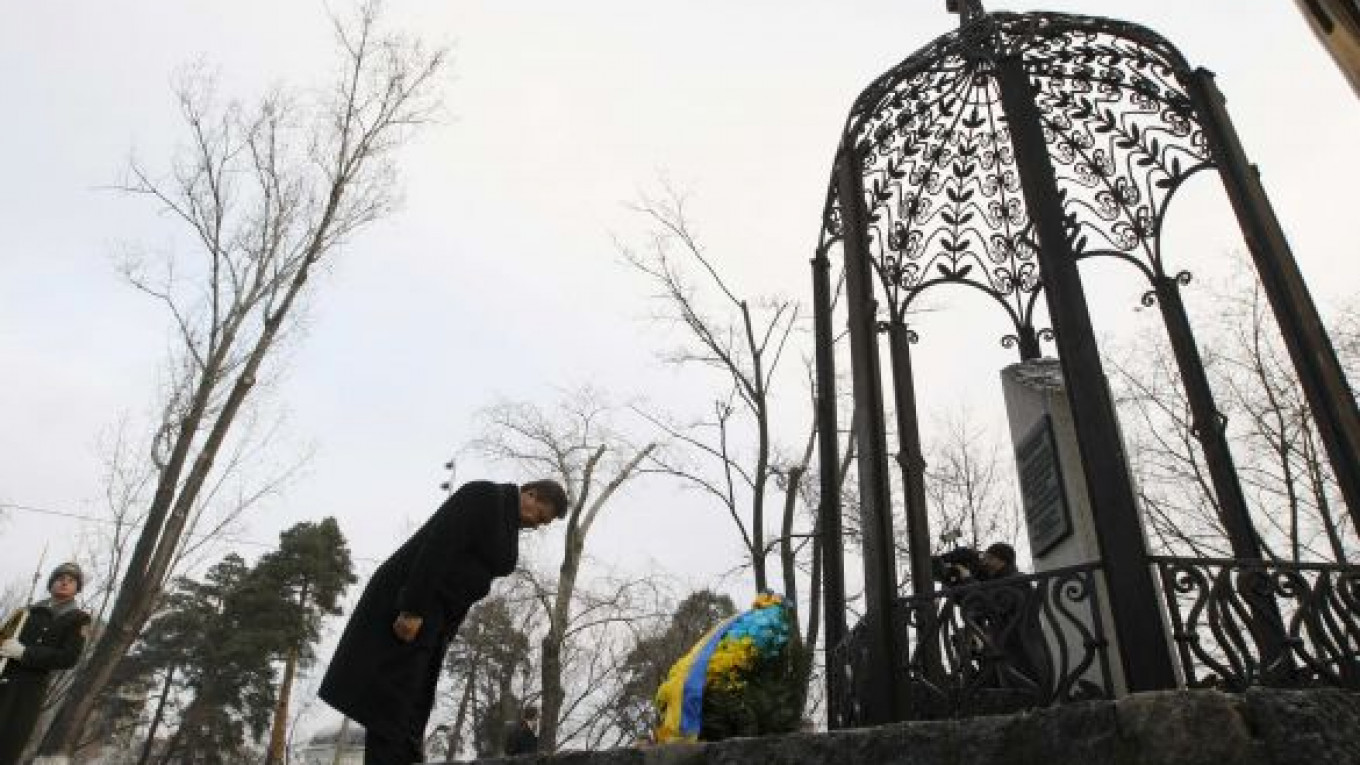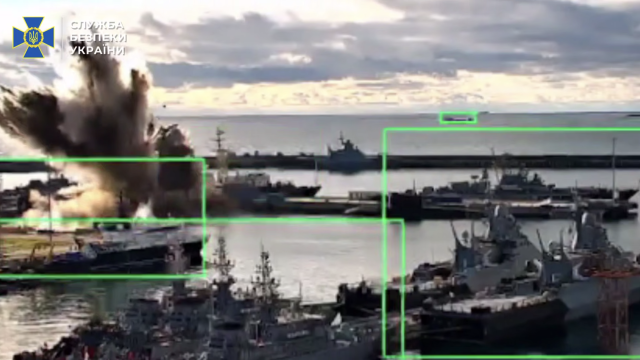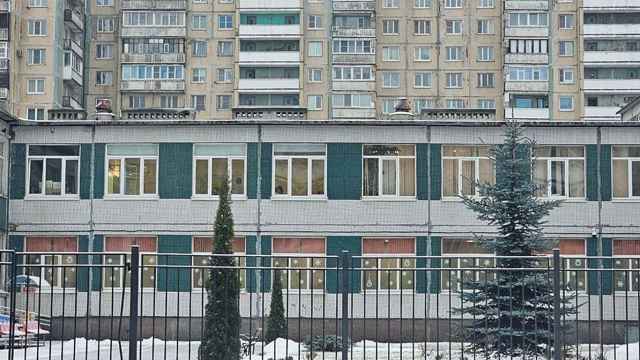KIEV — Want a better understanding of the world's worst nuclear disaster? Come tour the Chernobyl nuclear power plant.
Beginning next year, Ukraine plans to open up the sealed zone around the Chernobyl reactor to visitors who wish to learn more about the tragedy that occurred nearly a quarter of a century ago, the Emergency Situations Ministry said.
Chernobyl's reactor No. 4 exploded on April 26, 1986, spewing radiation over a large swath of northern Europe. Hundreds of thousands of people were resettled from areas contaminated with radiation fallout in Ukraine, Belarus and Russia. Related health problems still persist.
The so-called exclusion zone, a highly contaminated area within a 48-kilometer radius of the exploded reactor, was evacuated and sealed off in the aftermath of the explosion. All visits were prohibited.
Today, about 2,500 employees maintain the remains of the now-closed nuclear plant, working in shifts to minimize their exposure to radiation. Several hundred evacuees have returned to their villages in the area despite a government ban. A few firms now offer tours to the restricted area, but the government says those tours are illegal and their safety is not guaranteed.
Emergency Situations Ministry spokeswoman Yulia Yershova said Monday that experts are developing travel routes that will be both medically safe and informative for Ukrainians as well as foreign visitors. She did not give an exact date when the tours were expected to begin.
"There are things to see there if one follows the official route and doesn't stray away from the group, though it is a very sad story," Yershova said.
United Nations Development Program chief Helen Clark toured the Chernobyl plant on Sunday and said she supported the plan because it could help raise money and tell an important lesson about nuclear safety.
"Personally I think there is an opportunity to tell a story here and of course the process of telling a story, even a sad story, is something that is positive in economic terms and positive in conveying very important messages," said Clark, according to her office.
The ministry also said it hopes to finish building a new safer shell for the exploded reactor by 2015. The new shelter will cover the original iron-and-concrete structure hastily built over the reactor that has been leaking radiation, cracking and threatening to collapse.
The new shell is 105 meters tall, 260 meters wide and 150 meters long. It weighs 20,000 tons and will be slid over the old shelter using rail tracks. The new structure will be big enough to house the Notre Dame Cathedral in Paris or the Statue of Liberty in New York.
The overall cost of project, financed by international donors, has risen from $505 million to $1.15 billion because of stricter safety requirements, Ukrainian officials said.
The European Bank for Reconstruction and Development, which manages the project, said a final estimate of the project's cost will be released after the French-led consortium Novarka finalizes a construction plan in the next few months.
A Message from The Moscow Times:
Dear readers,
We are facing unprecedented challenges. Russia's Prosecutor General's Office has designated The Moscow Times as an "undesirable" organization, criminalizing our work and putting our staff at risk of prosecution. This follows our earlier unjust labeling as a "foreign agent."
These actions are direct attempts to silence independent journalism in Russia. The authorities claim our work "discredits the decisions of the Russian leadership." We see things differently: we strive to provide accurate, unbiased reporting on Russia.
We, the journalists of The Moscow Times, refuse to be silenced. But to continue our work, we need your help.
Your support, no matter how small, makes a world of difference. If you can, please support us monthly starting from just $2. It's quick to set up, and every contribution makes a significant impact.
By supporting The Moscow Times, you're defending open, independent journalism in the face of repression. Thank you for standing with us.
Remind me later.






